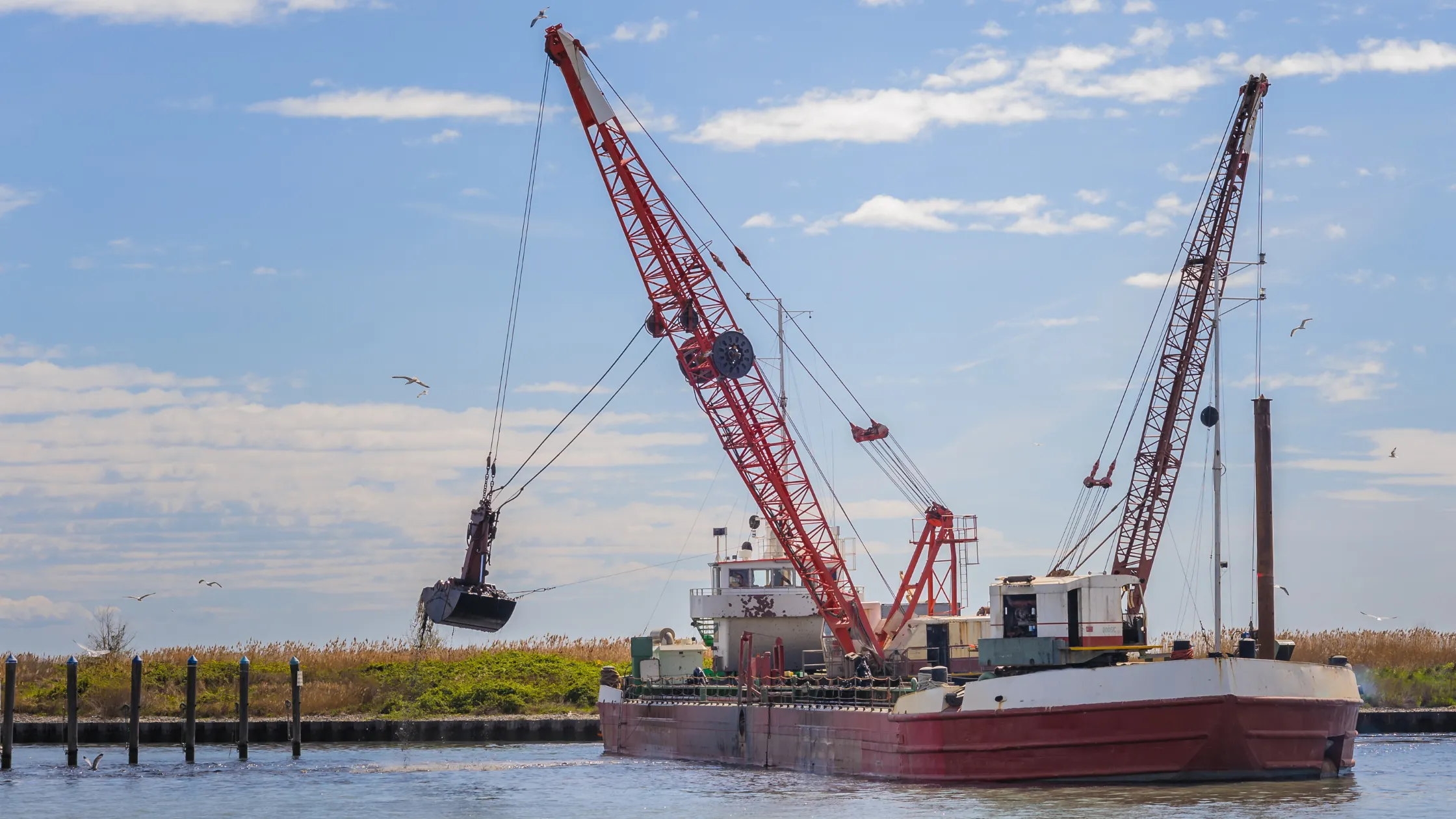Quality Vessel Inspection Services for the Marine Industry

Ensuring the safety and efficiency of vessels is critical to the smooth operation of the marine industry. Whether it's for regulatory compliance, maintenance, or safety assurance, vessel inspections play a key role in the longevity and reliability of ships. Selecting the best quality vessel inspection services is vital for owners, operators, and stakeholders who wish to protect their assets and comply with international maritime regulations.
In this post, we’ll explore what makes a vessel inspection service top-notch, the different types of inspections available, and how choosing the right service can significantly impact your operations.
Why Vessel Inspection Services Are Crucial
The marine industry is highly regulated, with international standards like SOLAS (Safety ofLife at Sea) and MARPOL (Marine Pollution) governing the safety and environmental performance of vessels. Regular inspections ensure that ships meet these stringent requirements, avoiding costly fines and operational downtime.
Some key benefits of professional vessel inspections include:
• Compliance: Meeting the mandatory safety and environmental standards.
• Cost Savings: Early detection of potential problems can save thousands in repair
costs.
• Safety: Ensuring that the crew and cargo are safe from preventable hazards.
• Efficiency: Optimising vessel performance through routine maintenance checks.
What to Look for with Quality Vessel Inspection Services
Not all inspection services are created equal. When looking for a quality vessel
inspection service, you need to consider several key factors:
1. Comprehensive Inspection Capabilities
A top-tier inspection service will offer a full range of inspection types, from general
condition assessments to more specialised services like underwater inspections or non-destructive testing (NDT). Some common inspection types include:
• Hull Inspections: Assessing the condition of the ship's structure.
• Machinery Inspections: Checking engines, pumps, and other mechanical systems
for wear or malfunction.
• Safety Equipment Inspections: Ensuring lifeboats, fire extinguishers, and other
safety devices are functional.
• Underwater Inspections: Using remotely operated vehicles (ROVs) to assess the
vessel below the waterline.
• Commercial Inspections: Performed on behalf of charterers and those with
interests in the vessel or cargo to check the overall hardware, procedures and human elements2.
Experience and Accreditation
Always ensure that the inspection company is accredited by reputable maritime organisations. Look for certifications such as ISO 9001 for quality management and approvals from maritime authorities like the IMO (International Maritime Organisation). Additionally, the team's experience is critical. An inspector with years of hands-on knowledge in the marine sector will spot issues that others might overlook.
3. Use of Advanced Technology
The best vessel inspection services utilise modern tools like tablets, drones, ROVs, and advanced NDT techniques, such as ultrasound or radiography, to deliver accurate results. Digital reporting, complete with photos and videos, allows you to see the condition of your vessel in real time, enhancing transparency and decision-making.
4. Global Reach and Availability
Marine vessels operate across the world, so it's crucial to choose an inspection service that offers global coverage. Whether your vessel is berthed in London, Singapore, or Dubai, thebest providers have a network of inspectors ready to respond wherever you are.
5. Customised Reporting and Expert Advice
Inspection reports should be tailored to your vessel's needs, offering specific
recommendations rather than generic summaries. Expert consultation following the
inspection ensures that you understand the findings and can take the necessary steps form a intenance, repairs, or compliance.
Commercial Vessel Inspection Services in the Marine
Industry
Here are some of the well known and respected commercial vessel inspection services renowned for their uniformity and expertise in the marine industry:
1. OCIMF Ship Inspection Report Exchange
OCIMF’s Ship Inspection Report Programme (SIRE) was originally launched in 1993 to specifically address concerns about sub-standard shipping. It is one of OCIMF’s most significant safety initiatives and in 2005 barges and small vessels were incorporated into the SIRE programme.
SIRE 2.0 recently implemented alongside industry and the OCIMF membership, will future proof the tanker inspection process in line with evolving risks, technology and expertise. The digitalised inspection programme is transforming how inspections are conducted to support industry efforts to continuously enhance safety.
2. CDI
CDI is responsible for the inspection and audit of the global supply chain for the transport and storage of bulk and packaged chemicals. CDI is not a trade association; it is non-profit, non-commercial and free from political influence.
CDI was created by the chemical manufacturing industry, for the chemical industry in 1994 and grown over the years to serve the chemical company members of CDI and provide their inspection and audit needs in order to provide them with cost effective systems for risk assessment using the best chemical and LPG knowledge available.
3. RightShip RISQ
Applicable for bulk carriers, general cargo, containers and roll-on/roll-off ships, the
RightShip Inspection Ship Questionnaire (RISQ) provides the world’s most comprehensive and consolidated inspection reference standard for dry bulk shipping.
Conclusion
In the competitive and regulated marine industry, selecting the best quality vessel
inspection services can make a significant difference in the safety, efficiency, and
compliance of your operations.
By choosing a service provider that offers comprehensive inspections, advanced technology, and global reach, you can protect your assets and ensure smooth sailing for your fleet. When investing in vessel inspection services, always look for a provider with experience, accreditation, and the ability to deliver tailored reports.
This will help you keep your vessels running efficiently, safely, and in line with international standards.
